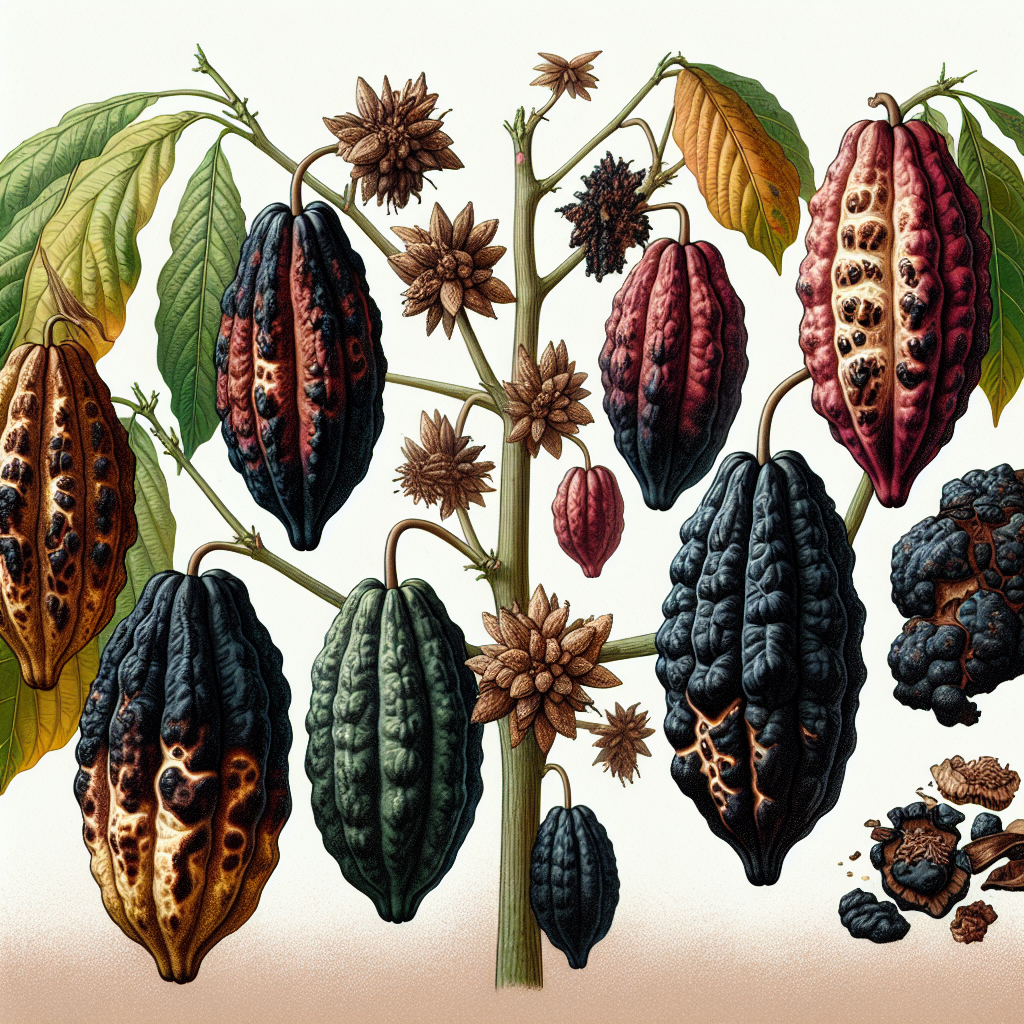Cameroon's Cocoa Crisis: Black Pod Disease Threatens Livelihoods
Black pod disease is devastating cocoa plantations in Cameroon's Southwest region due to heavy rains and counterfeit agrochemicals. The fungal threat is exacerbated by poor farming practices and a regional lockdown. Cocoa farmers face reduced yields and financial strain as ineffective chemicals fail to protect their crops.

Cocoa plantations in Cameroon's Southwest region are under threat from black pod disease, a fungal infection driven by weeks of heavy rains and the spread of counterfeit agrochemicals. This region, considered one of the top cocoa belts in the country, is witnessing an alarming spread of the disease, according to both officials and industry experts.
The heavy downpours since July have created ideal conditions for this fungal disease, significantly impacting the cocoa-producing areas of Muyuka, Mbonge, and Kumba. Jackson Ntapi Nkwentang, the region's agricultural delegate, emphasized the severity of the issue, encouraging increased use of legitimate fungicides. However, many farmers, heavily dependent on unverified and smuggled fungicides, are reluctant to follow expert advice.
The outbreak's impact is further intensified by inadequate farm practices and a lockdown imposed by separatist forces in the English-speaking regions. Farmers are struggling with decreased yields, financial challenges, and ineffective agrochemical solutions. "We don't even know how to survive this season," lamented a local farmer expressing distress over the ineffective measures and persistent rainfall.
(With inputs from agencies.)










